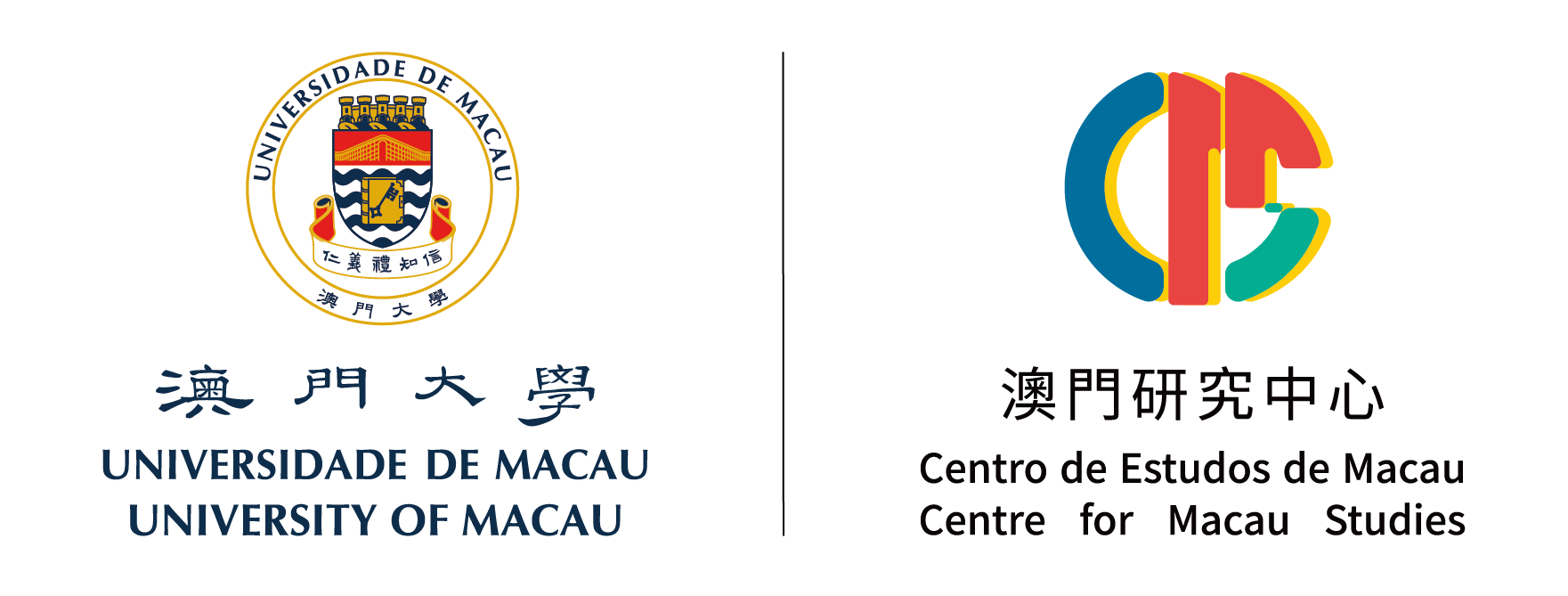
| 標題 Title |
甲午戰爭前後鄭觀應的日本觀 Zheng Guanying’s Views of Japan before and after the Sino-Japanese War of 1894-1895 |
|---|---|
| 作者 Author |
李政陽 LI Zhengyang |
| 摘要 Abstract |
作為中國近代民族覺醒過程中的重要事件,甲午戰爭失敗致使中國朝野救亡禦侮意識高漲,很多知識分子對此進行反思並提出自己的主張。面對戰爭前後不同的國際形勢,中國近代先進思想家鄭觀應對日本進行了分析,並提出師日、防日、抗日和聯日等主張,形成了系統的“日本觀”,其日本觀具有連續性、漸進性和先進性。其中“師日”、“防日”和“抗日”在甲午戰爭前和後都有體現,而“聯日”則主要表現在甲午戰爭後。鄭觀應主張從教育、議院、外交和商業方面學習日本以達仿西之目的,中日之間的歷史互動及日本當時的動向建構了鄭觀應的防日觀,而抗日與聯日主張則是在不同時局下以國家圖存為要的均勢思想的體現。甲午戰爭前後鄭觀應的日本觀是其“富強救國”思想體系的重要組成部分,亦是中國近代知識分子日本觀必不可少的部分。
As an important event in the process of national awakening in modern China, the Sino-Japanese War of 1894-1895 led to a rise in the consciousness of national salvation and resisting foreign enemies. Many intellectuals reflected on it and put forward their own opinions. Confronting the situation of being besieged on all sides, Zheng Guanying, an advanced ideologist in modern China, analyzed Japan and put forward his views on Japan and his strategy for saving China. Before and after the Sino-Japanese War of 1894-1895, Zheng Guanying’s views of Japan were continuous, complex, and advanced, mainly focusing on learning from Japan, defending Japan, uniting Japan and fighting against Japan. These views were an important part of his ideological system of “prosperity and saving the country”. Meanwhile, Zheng Guanying’s understanding of Japan is an indispensable part of the Japanese views of China’s modern intellectuals, and his advanced ideas still have enlightenment significance until now. |
| 關鍵詞 Keywords |
日本,甲午戰爭,均勢,建構主義,鄭觀應 Japan, Sino-Japanese war, Balance of power, Constructivism, Zheng Guanying |
| 下載 Download |
Link |

